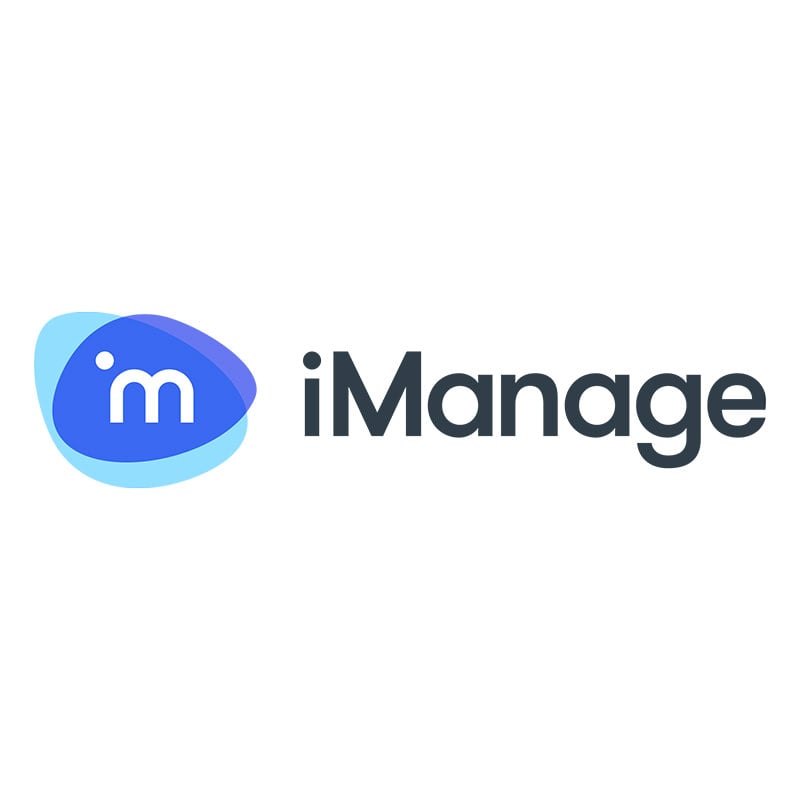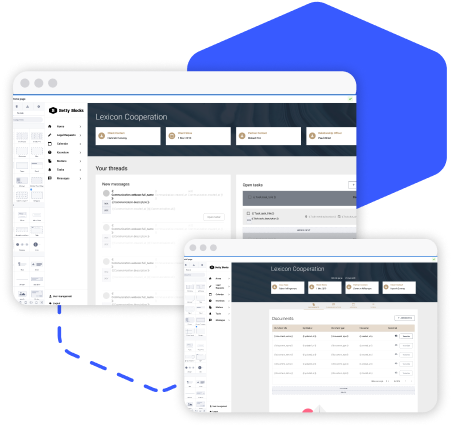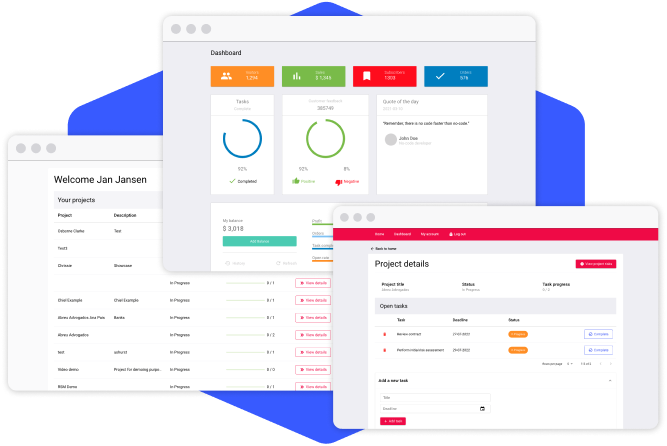There is an increased need for branded portals and customer-facing applications to improve client support and customer satisfaction. Through innovative customer-facing applications, clients are given access to digitized, optimized, and 24/7 expertise, resources, services, and support. Nobody is more expertly familiar with the exact needs and issues of clients than a firm itself, positioned perfectly to create the right digital solutions. Betty Blocks is used to create bespoke applications rapidly so that clients are provided with the efficient and seamless customer service they expect Internal applications are customer-facing applications.




















.png)



